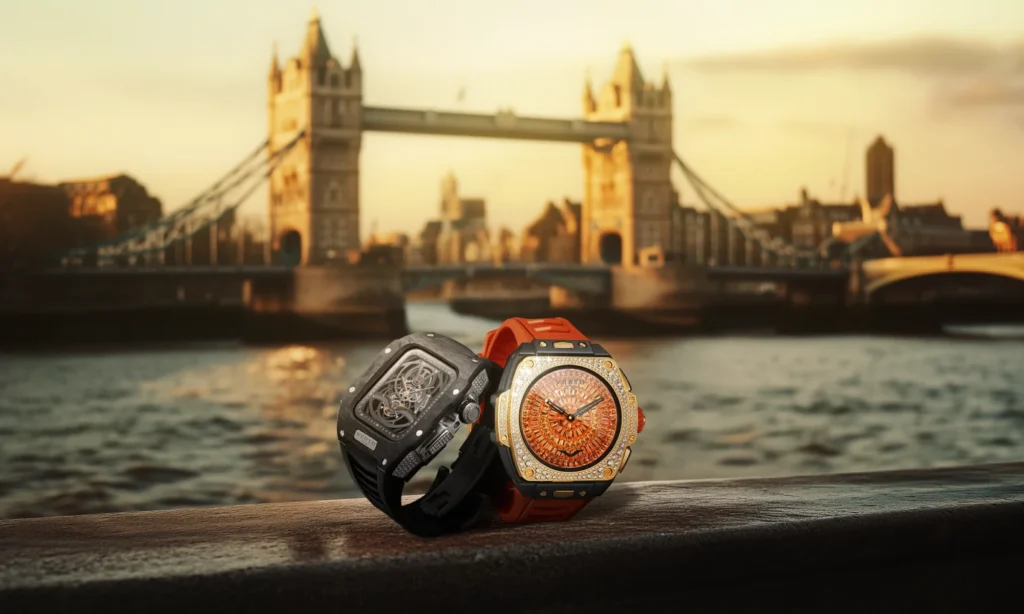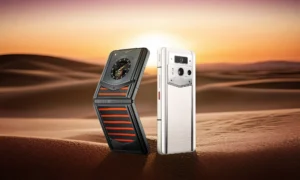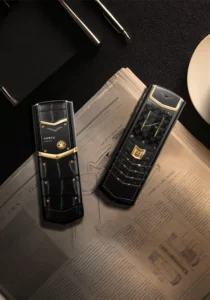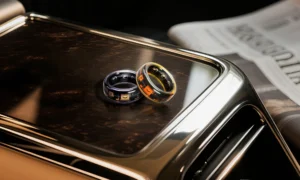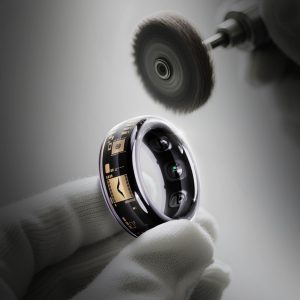In an era where personal data is paramount, the demand for an accurate smartwatch has skyrocketed. It's no longer enough for a wearable to simply display notifications; users now expect precise, reliable data to guide their fitness routines, monitor their health, and navigate their world. This guide provides a deep, data-supported dive into what makes a smartwatch accurate, which models lead the pack in 2025, and how you can choose the perfect device for your needs.
Why Does Smartwatch Accuracy Matter in 2025?
An accurate smartwatch is crucial because it transforms raw numbers into actionable insights. For athletes, precise heart rate tracking ensures they are training in the optimal zones for performance and recovery. For health-conscious individuals, reliable sensors can offer valuable data on sleep quality and cardiovascular health, while accurate GPS is non-negotiable for outdoor adventurers who depend on it for navigation. Inaccurate data, on the other hand, can lead to flawed training, misinformation about one's health, and unreliable location tracking. As technology advances, the market is rapidly growing, with consumers increasingly prioritizing devices that provide data they can trust.
What are the Key Technologies Behind an Accurate Smartwatch?
The accuracy of a smartwatch is not a single feature but a result of sophisticated, purpose-built hardware and software working in unison.
-
Heart Rate Monitoring: At the core of health tracking is the optical heart rate sensor. The most accurate smartwatches use multi-channel sensors with advanced algorithms to minimize errors caused by motion and skin contact. Models like the Apple Watch Ultra 2 and Garmin's Fenix 7 Pro feature latest-generation sensors that deliver readings remarkably close to the gold-standard chest straps, even during high-intensity workouts.
-
GPS and Location Tracking: For outdoor activities, GPS accuracy is critical. The leading technology is multi-band, or dual-frequency, GPS. This allows the watch to connect to multiple satellite frequencies simultaneously, filtering out signals that bounce off tall buildings or canyon walls, resulting in a much more precise location track. This feature, once reserved for elite devices, is becoming a key differentiator in the market.
-
Sleep and Recovery Metrics: An accurate smartwatch goes beyond just tracking sleep duration. It uses a combination of data from the accelerometer (for movement) and the heart rate sensor (for heart rate variability or HRV) to precisely identify sleep stages (Light, Deep, REM). This detailed data provides a clearer picture of sleep quality and recovery, helping users understand if their body is ready for peak performance or in need of rest.
Top Picks for the Most Accurate Smartwatches in 2025
After extensive analysis of sensor technology and real-world performance data, three models stand out for their exceptional accuracy.
-
Apple Watch Ultra 2: Widely regarded as a leader in sensor accuracy, the Apple Watch Ultra 2 is a top choice for iPhone users. Its heart rate monitor provides results that are nearly identical to chest straps, even during challenging workouts with rapid pulse changes. Furthermore, its precision dual-frequency GPS ensures highly accurate tracking in both dense urban environments and remote trails.
-
Garmin Fenix 7 Pro: Garmin has built its reputation on robust GPS tracking, and the Fenix 7 Pro exemplifies this. All models in the Pro series feature multi-band GNSS, offering incredible location accuracy in difficult terrain. The latest Elevate Gen 4 optical heart rate sensor also marks a significant improvement, providing reliable heart rate data for serious athletes and adventurers.
-
Samsung Galaxy Watch 8: As the premier option for Android users, the Galaxy Watch 8 offers a powerful suite of health features with impressively accurate heart rate tracking, especially during intense exercise. While its GPS is generally reliable for most users, it may not match the precision of dedicated multi-band systems in challenging environments. However, for all-around health and fitness monitoring within the Android ecosystem, its accuracy is a strong selling point.
Quick Comparison of Accurate Smartwatches
| Feature | Apple Watch Ultra 2 | Garmin Fenix 7 Pro | Samsung Galaxy Watch 8 |
| Heart Rate Sensor | 3rd Gen Optical Sensor (ECG capable) | Elevate Gen 4 Optical Sensor | BioActive Sensor (ECG capable) |
| GPS Technology | Precision Dual-Frequency (L1 + L5) | Multi-Band GNSS | GPS, GLONASS, GALILEO, BeiDou |
| Key Accuracy Strength | Heart rate tracking rivals chest straps | Unmatched GPS precision in tough environments | Excellent all-around health sensor accuracy |
| Best For | iPhone users demanding the highest accuracy | Serious athletes and outdoor adventurers | Android users seeking a premium, accurate device |
| Primary Limitation | iOS compatibility only | Can be bulky and expensive | GPS not as robust as dedicated sports watches |
Who Needs an Accurate Smartwatch?
-
Data-Driven Athletes: Runners, cyclists, and swimmers who rely on precise pace, distance, and heart rate data to optimize their training and performance.
-
Outdoor Adventurers: Hikers, trail runners, and mountaineers who require dependable and highly accurate GPS for navigation in remote or challenging terrain.
-
Health-Conscious Individuals: Anyone who wants to reliably monitor metrics like heart rate, sleep patterns, and blood oxygen to gain meaningful insights into their overall well-being.
Frequently Asked Questions (FAQ)
1. Which smartwatch has the most accurate heart rate monitor?
Based on numerous tests comparing it to medical-grade devices and chest straps, the Apple Watch Ultra 2 is frequently cited as having one of the most accurate wrist-based heart rate monitors available. High-end Garmin watches with the latest Elevate sensors also perform exceptionally well.
2. What is multi-band GPS and do I really need it?
Multi-band (or dual-frequency) GPS is a technology that allows your watch to receive signals from satellites on multiple frequencies, which helps it filter out inaccurate signals caused by obstructions like tall buildings or deep canyons. You need it if you are a trail runner, mountaineer, or city marathoner who demands the highest level of location accuracy in challenging environments.
3. Can an accurate smartwatch replace a medical device?
No. While smartwatches are powerful tools for wellness and fitness tracking, they are not medical devices and should not be used to diagnose conditions. Features like ECG can detect irregularities like signs of atrial fibrillation, but any health concerns should always be discussed with a qualified doctor.

